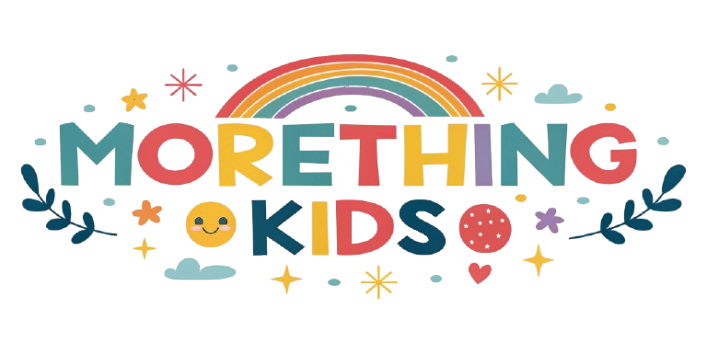Becoming an excellent procurement expert is not an overnight process; it requires continuous accumulation of experience and skill enhancement. Here are 10 key tips to help you stand out in the procurement field and grow from a novice to an industry leader.
1. Market Insight
- Tips: Regularly read industry reports, participate in professional forums, communicate with peers, and understand market trends, supplier dynamics, and price fluctuations.
- Practice: Subscribe to industry journals, join procurement-related WeChat groups or LinkedIn groups, and maintain information sensitivity.
2. Negotiation Skills
- Tips: Set clear negotiation goals, study the supplier’s bottom line, and take the initiative.
- Practice: Read books like Getting to Yes, simulate negotiation scenarios through role-playing, and improve on-the-spot adaptability.
3. Risk Management
- Tips: Pay attention to potential risks such as supplier stability, product quality, and delivery time, and develop contingency plans.
- Practice: Establish a risk assessment form, update it regularly, simulate emergencies, and practice solutions.
4. Cost Analysis
- Tips: Deeply understand the cost structure of products or services (direct costs + indirect costs), and use ABC analysis to identify key cost drivers.
- Practice: Use Excel or professional software to break down costs and find savings opportunities.
5. Supplier Management
- Tips: Regularly evaluate supplier performance, set KPIs (such as on-time delivery rate, quality pass rate), and implement classified management.
- Practice: Organize quarterly supplier review meetings and establish long-term strategic partnerships.
6. Technology Application
- Tips: Proficiently use procurement software, ERP systems, and electronic bidding platforms to improve efficiency and reduce errors.
- Practice: Learn tools like SAP and Oracle NetSuite, and participate in related training courses.
7. Law and Compliance
- Tips: Familiarize yourself with relevant laws such as contract law and intellectual property law to ensure standardized procurement processes.
- Practice: Participate in basic legal training, consult professional lawyers for key contracts, and avoid hidden risks.
8. Team Collaboration
- Tips: Cultivate communication skills, be good at listening and expressing, and coordinate the interests of all parties.
- Practice: Actively participate in project meetings, use data and facts to persuade other departments to support procurement decisions.
9. Continuous Learning
- Tips: Participate in industry seminars, online courses, read professional books, and keep up with the latest developments.
- Practice: Set annual learning plans, such as obtaining CPM (Certified Purchasing Manager) or CPSM certification.
10. Case Analysis
- Tips: Study excellent procurement cases, analyze strategies and results, and summarize experiences and lessons.
- Practice: Participate in case discussions, write analysis reports, and improve the ability to solve practical problems.
Conclusion
Procurement is both a science and an art. Through continuous efforts in the above 10 areas, you will gradually master the full range of skills from market insight to risk management, continuously advance on the path of procurement, and ultimately become a true procurement master. Take action now and start your growth journey!













